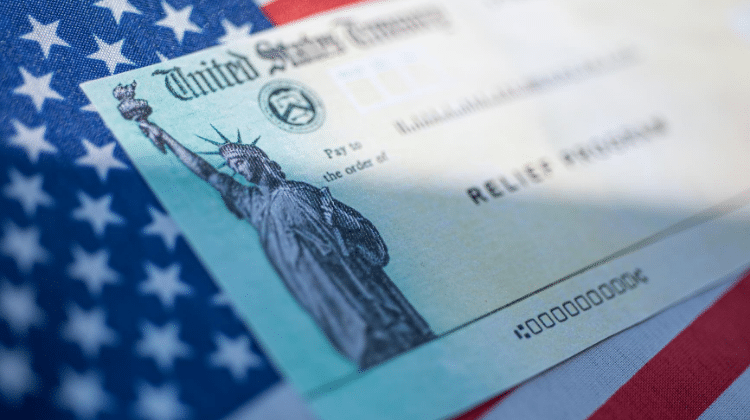
On Monday July 27, 2020, the U.S. Senate Republicans proposed a new stimulus package for eligible Americans. The GOP proposal will be called the Health, Economic Assistance, Liability Protection and Schools Act (HEALS Act).
Though the existing programs and pending proposals under the HEALS Act have been helpful to struggling small business owners, was there enough done by the government to help women and minority owned businesses? To date, the U.S. Republicans and Democrats still have not reached an agreement on what the next stimulus package should contain.
Some possible proposals under the HEALS Act may include:
- Unemployment benefits being capped at 70% of wages.
- Cutting the weekly unemployment benefits from $600 per week passed under the CARES Act to $200 per week. Or, the possibility of extending the $600 federal benefit through at least January 31, 2021.
- Extending federal student loan relief under the CARES Act beyond September 30, 2020. The possibility of including a $10,000 student loan forgiveness benefit for borrowers struggling financially.
- Increased certain liability protections for business owners for five years retroactive to 2019 as businesses are facing a considerable level of uncertainty on what would happen if their employees or customers contract the virus and suffer from harm as a result.
- Offering another round of Payroll Protection Program (PPP) loans = for small businesses with fewer than 300 employees if revenue declined by 50% or more due to the pandemic.
- Increasing the meal deduction tax percentage from 50% to 100% for businesses operating within the restaurant industry.
- Offering anywhere from $105 to $175 billion for education industries with the goal of helping families obtain access to safe childcare so they can return to work.
- Increased spending on Coronavirus testing adding an additional $16 billion to the already authorized $9 billion in relief.
Although these programs and new proposals would most certainly benefit women and minority owned businesses, there was very little mentioned under the proposed HEALS Act about providing better government assistance specifically geared toward women and minority owned businesses.
In fact, only one possible relief option was proposed by Republican Senator Marco Rubio. Senator Rubio proposed the possibility of introducing a new long-term recovery loan program for the hardest hit industries, which included minority owned businesses.
According to the U.S. Census Bureau’s estimates dated May 19, 2020, there are 1.1 million businesses owned by women and 1.0 million businesses owned by minorities. This is a significantly disproportionate figure when compared to the number of businesses owned by men. The ultimate question is — Has the U.S. government been doing enough to help both women and minority owned businesses both during the pandemic and beyond? Only time will tell.
The Bottom Line
Though the U.S. government did provide some helpful benefits to both woman and minority owned businesses during the COVID-19 pandemic, more needs to be done to help such businesses. What is most alarming is that banking data shows lower approval rates of SBA and PPP loans for woman and minority owned businesses. Banks have proven that they are favoring existing customers for loan approvals while many new customers, many of whom are woman-owned and minority-owned businesses, have been placed at the back of the line.
Only time will tell what the next stimulus package will look like and what improvements to the SBA loan programs will be made. Hopefully, there will be more balance to the distribution and equity in the decisions made for small businesses owned by women and minorities.


